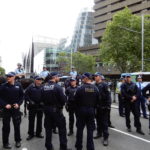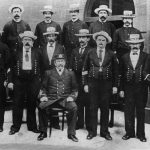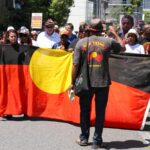Criminologists Call for Divestment in Police and Prisons to End First Nations Injustice
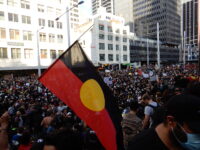
The footage of George Floyd being killed by Minneapolis police on 25 May, struck a chord with the global community, as it laid bare the heightened racism in the US system, as well as that the institution of police has increasingly set itself in opposition to civilians.
This was reflected in the mass Black Lives Matter mobilisations that swept this country over the following months, as large numbers braved the pandemic showing solidarity with those primarily targeted by law enforcement in Australia – First Nations people.
Aboriginal and Torres Strait Islander people are the most incarcerated people on Earth. Currently, 29 percent of the nation’s adult prisoner population is made up of First Nations people, while they only account for just under 3 percent of the overall populace of this continent.
In response to this, a group of over 300 criminologists and other academics led by the UNSW Centre for Crime, Law and Justice released an open letter calling for an end to the overcriminalisation and overincarceration of First Nations people, which was presented to all Australian attorneys general.
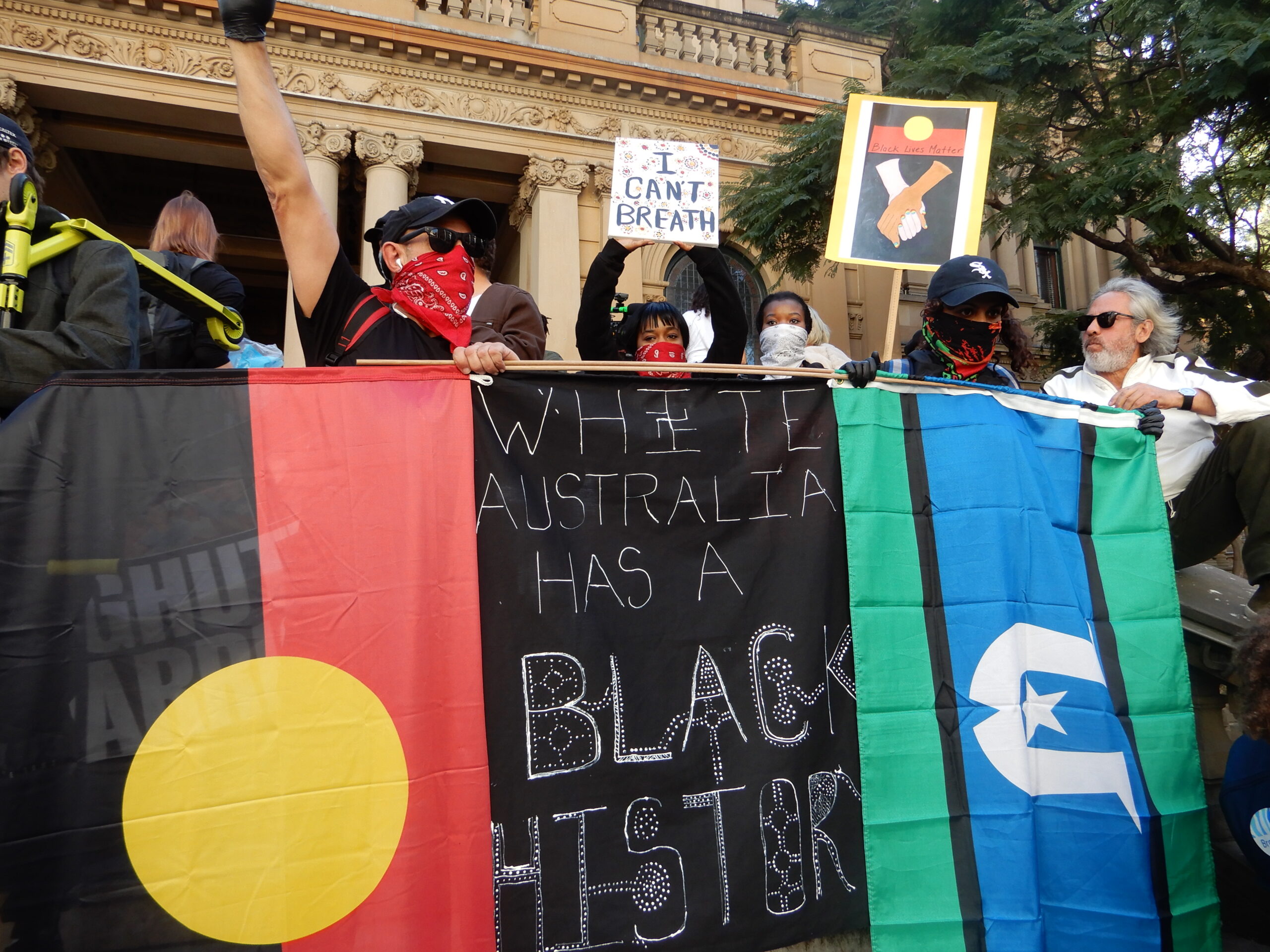
Police are a social problem
“Our governments have used criminalisation and imprisonment as a solution to multi-layered and complicated social disadvantages,” the letter reads, adding that this has intensified over recent decades with a huge spike in prisoner numbers, even though crime rates have dropped significantly.
This has in turn led to a surge in law enforcement and corrections funding, which has outpaced other sectors. The criminologists posit that this could easily be redirected towards social initiatives that address the issues of disadvantage that prisons are currently being used as an answer to.
“The evidence is clear that in Australia and elsewhere, policing and prisons have become social problems in themselves,” the authors continue. And at present, policing practices are causing significant harm to First Nations people, with enhanced surveillance producing offences and arrests.
In order to address the overcriminalisation of Indigenous people, the academics assert that there has to be a shift in power from government to the community, as well as a redistribution of funding and resources away from punitive systems towards social programs.
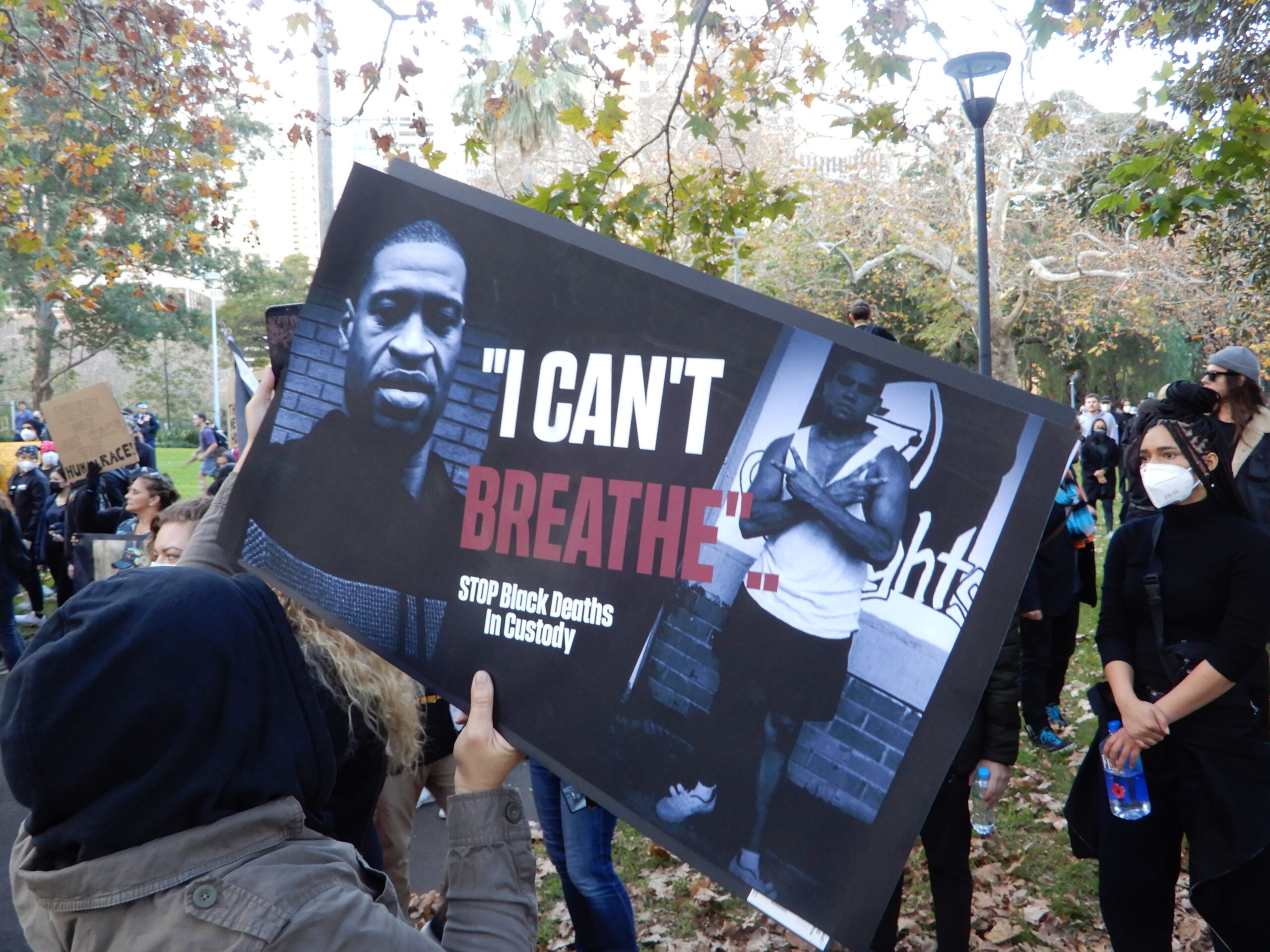
A call to action
The 300-odd academics that signed the open letter include former NSW Director of Public Prosecutions Nicholas Cowdery, UNSW law academic Dr Vicki Sentas and Professor Thalia Anthony from the UTS Faculty of Law.
The academics deliver five key recommendations based on previous inquiries, including the Royal Commission into Aboriginal Deaths in Custody, and the much-lauded, but government ignored, Australian Law Reform Commission report Pathways to Justice.
The recommendations consist of investment in effective diversion strategies, raising the age of criminal responsibility to 14 years, ending “ever-increasing” policing and corrections budgets and investment in First Nations-led community services.
The final recommendation made is a call for “real government support for Aboriginal and Torres Strait Islander peoples’ calls for self-determination, control and voice, and for significant social and economic investment in their communities”.
The criminologists and other academics conclude their statement by making clear that “criminal justice without social justice is not just or fair”.


